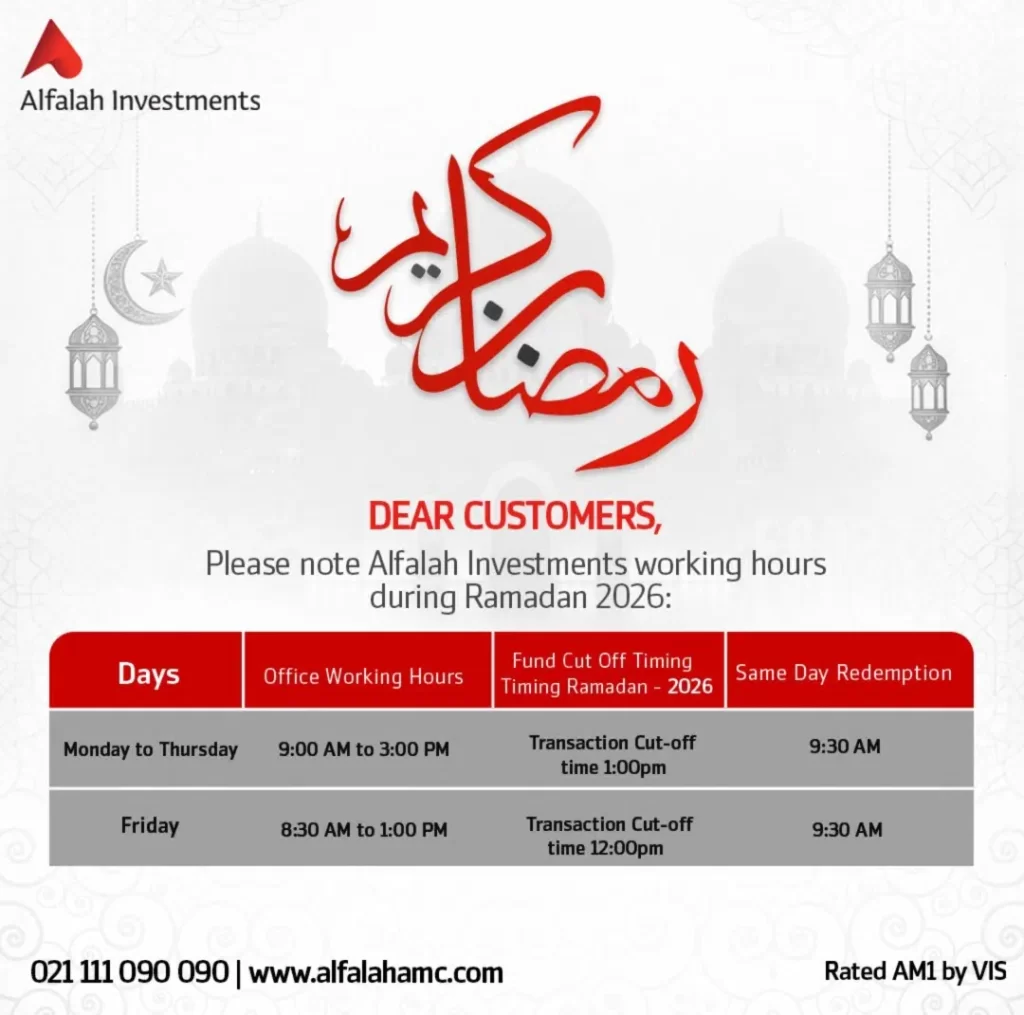A mutual fund is a trust based structure between Trustee and Management Company that collects money from many investors by selling units, and invests funds into investment avenues on behalf of unit holders with a view to increasing the underlying value of their investment portfolio.



